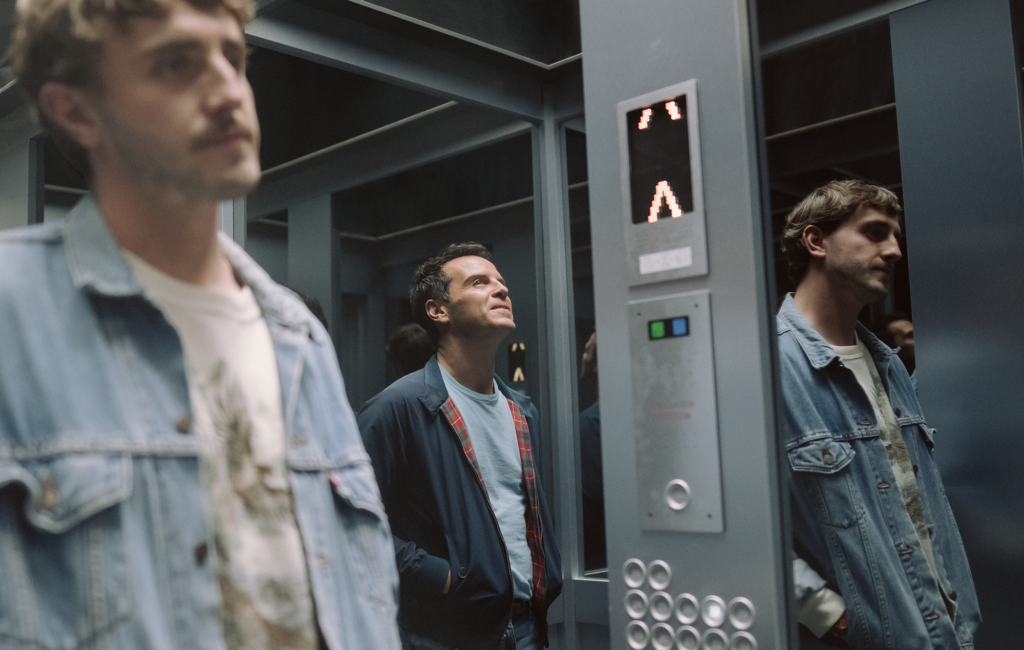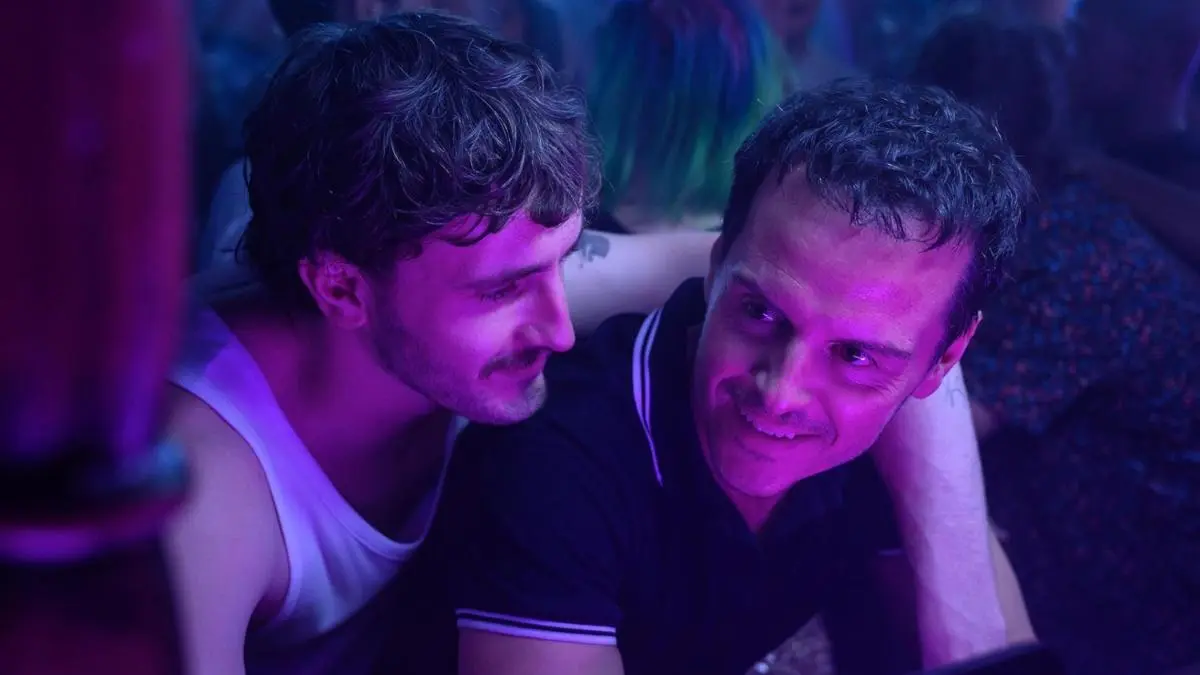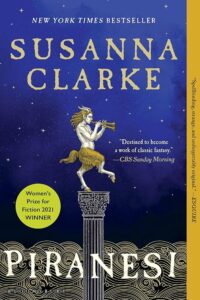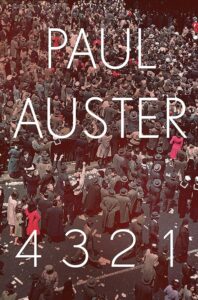All of Us Strangers, directed by Andrew Haigh, is a cinematic exploration of loss, love, and the ghostly threads of the past that continue to shape our present. Anchored by Andrew Scott’s evocative portrayal of Adam, a lonely screenwriter in London, the film navigates the complexities of human emotions with a deft touch that is both haunting and profoundly moving.
The narrative commences with Adam, living in a sterile apartment, isolated from the vibrant life of the city. This sense of solitude is palpable, portrayed through lingering shots of empty rooms and silent hallways. His life takes an unexpected turn when he encounters Harry, played by Paul Mescal, who appears at his doorstep, setting off a chain of events that intertwines their lives in ways both beautiful and heartbreaking.
As Adam revisits his childhood home, he is confronted with the ghosts of his parents, played by Jamie Bell and Claire Foy. This supernatural element is handled with a delicate balance, never tipping into the realm of the unbelievable, but rather used as a tool to explore the depths of Adam’s unresolved grief and his longing for closure. The conversations with his parents are some of the film’s most poignant moments, offering a cathartic space for Adam to voice the unspoken words of his childhood.
The film’s exploration of Adam’s sexual identity adds another layer to its narrative tapestry. His relationship with Harry is depicted with a sensitivity that is rare in cinema. Their connection, both physical and emotional, is raw and honest, capturing the complexities of human intimacy. The chemistry between Scott and Mescal is electric, bringing an authenticity to their relationship that resonates deeply with the viewer.

Throughout the film, the cinematography is noteworthy. The use of lighting, particularly the soft, golden hues, adds a dreamlike quality to the film, enhancing its ethereal atmosphere. The choice of locations, especially the childhood home, is integral to the storytelling, imbuing the film with a sense of nostalgia and melancholy.
The film’s soundtrack, featuring songs from the 1980s, adds an additional emotional layer. These songs, often playing in the background, serve as a bridge between past and present, echoing the film’s themes of memory and loss.
In terms of performances, Scott delivers a masterful portrayal of Adam, bringing a vulnerability and depth to the character that is compelling to watch. Mescal, as Harry, complements Scott’s performance with a portrayal that is both charismatic and layered. The supporting cast, including Bell and Foy, add richness to the film, each delivering memorable performances that contribute to the film’s emotional impact.

However, the film’s ending has been a point of contention among viewers. Some find it confusing or unsatisfying, feeling that it leaves too many questions unanswered. Despite this, the film’s overall narrative strength and emotional resonance have been widely recognized and celebrated.
In conclusion, All of Us Strangers is a film that lingers in the mind long after the credits roll. Its exploration of grief, love, and the indelible impact of the past on the present is both thought-provoking and deeply moving. Haigh’s direction, combined with the powerful performances of the cast, makes this film a poignant and unforgettable cinematic experience.









